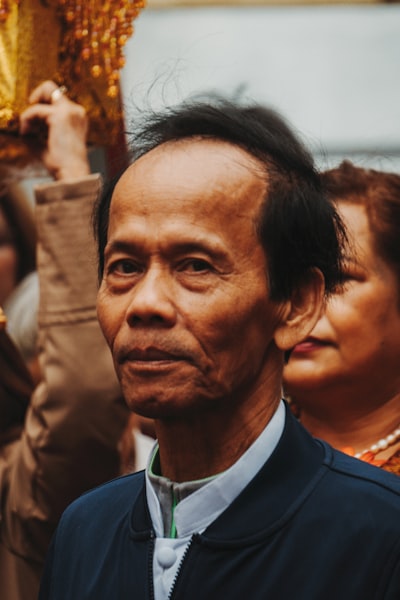Introduction: Duterte, the ICC, and a Nation at a Crossroads
When news broke that former Philippine President Rodrigo Duterte might die in The Hague and wished to be cremated there, it reignited global discussions about accountability, the International Criminal Court (ICC), and the legacies of powerful leaders. With Duterte detained for alleged crimes against humanity during his controversial war on drugs, interest is surging in the stakes for international justice, the rights of the accused, and how democracies reckon with their past.
Understanding the International Criminal Court (ICC) and Its Role
The ICC is the world’s only permanent court for prosecuting individuals for genocide, crimes against humanity, and war crimes. Its reach, power, and limitations are hotly debated. Duterte’s case spotlights:
- Jurisdiction of the ICC: Why and how can the ICC arrest a former head of state?
- Crimes against humanity definitions: What constitutes such crimes, and how do Duterte’s actions fit the criteria?
- Global impact: How do ICC prosecutions affect international norms and domestic politics?
The War on Drugs in the Philippines: Facts, Consequences, and Controversies
Rodrigo Duterte’s anti-drug crusade led to thousands of deaths—officially around 6,000, with human rights groups claiming numbers up to 20,000. The campaign’s legacy stirs heated debate about:
- Human rights violations: Were extrajudicial killings state-sanctioned?
- Public safety versus civil liberties: Did the end justify the means, or did democratic norms erode?
- Justice and closure for victims: What rights do families have for reparation and justice?
Duterte’s Detention in The Hague: A Turning Point for International Law?
With Duterte in ICC custody, several questions become highly relevant for legal watchers and Filipinos alike:
- Will the trial establish a precedent for prosecuting leaders post-tenure?
- How will it affect the political climate in the Philippines?
- Could this change attitudes toward the ICC in Southeast Asia and globally?
- What are the human and emotional dimensions for families—illustrated by Sara Duterte’s recent comments on her father’s last wishes?
Searching for Accountability: The Philippines, the ICC, and Justice for All
The decision of whether to repatriate Duterte’s body, as per his unusual cremation request, is more than a family dilemma—it symbolizes broader questions:
- Should national leaders face international tribunals for state actions?
- Can truth and reconciliation be achieved after state-led violence?
- Is justice best served by punishment, rehabilitation, or historical reckoning?
FAQ: Duterte, The Hague, and the ICC
Q: What is the International Criminal Court (ICC)?
A: The ICC is an independent, permanent court that tries individuals for genocide, war crimes, and crimes against humanity.
Q: Why is Rodrigo Duterte being tried?
A: He faces charges related to his administration’s deadly anti-drug campaign.
Q: What does cremation in The Hague have to do with international law?
A: While personal, the request highlights the complexities of justice, legacy, and human dignity in high-profile prosecutions.
Conclusion: Global Lessons in Accountability and the Rule of Law
The case of Rodrigo Duterte is a litmus test for both the ICC’s effectiveness and the Philippines’ journey toward justice, transparency, and healing. Whether you are following international law, human rights trends, or the dramatic personal stories at the heart of global politics, Duterte’s fate in The Hague has ripple effects that go far beyond one man.
If you’re interested in topics like state accountability, the intersection of politics and human rights, or the future of justice in Asia, this is a moment to watch.

Comments
No comments yet. Be the first to comment!